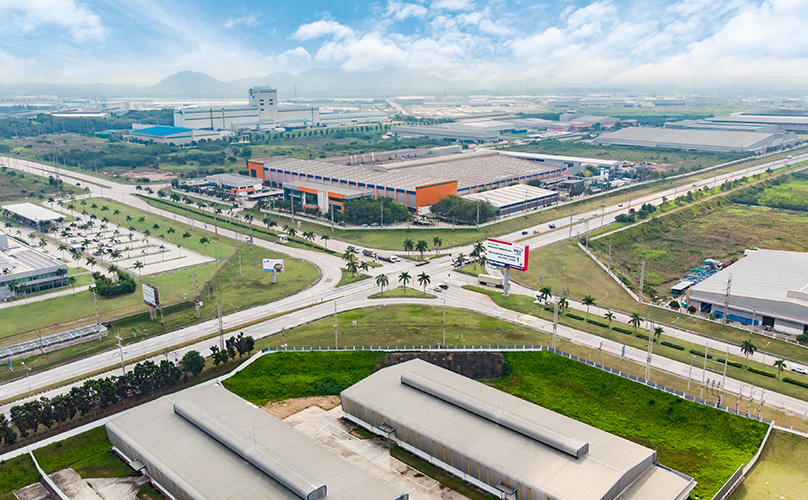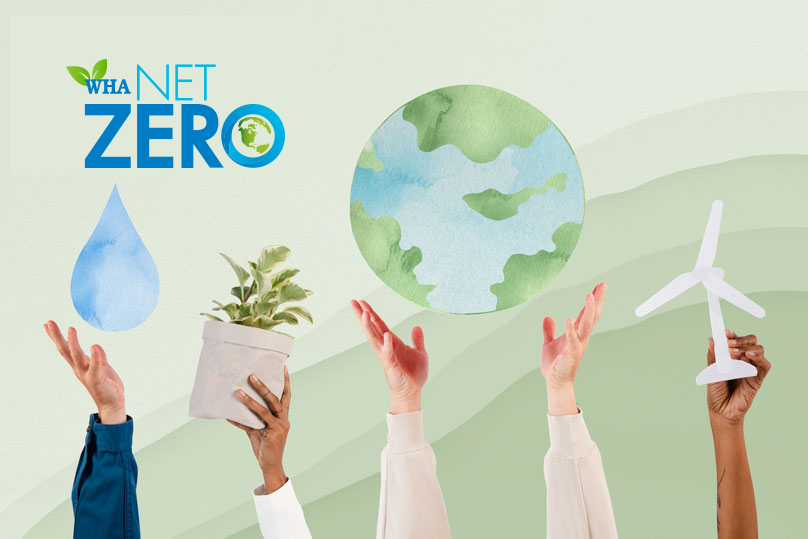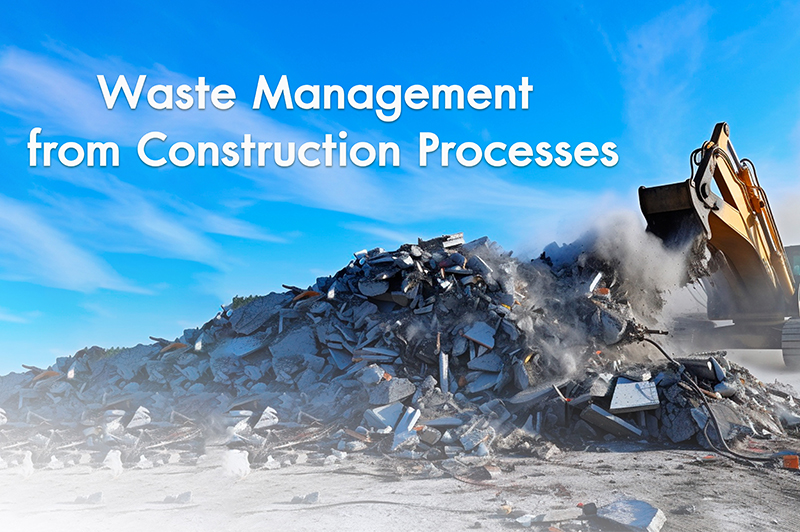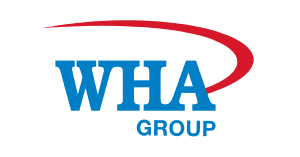ECO-Industrial Town Development

Eco-Industrial Town is an initiative implemented by the IEAT to promote and gear the economic development and environmental sustainability of industrial estates. The IEAT has specified five dimensions of standard criteria for granting of an Eco-Industrial Town award, consisting of physical, economic, social, environmental, and management which assesses the industrial estate's performances on organization governance, human rights, labor practices, environment, community involvement and development. There are three levels of Eco-Industrial Town development award, namely Eco-Champion, Eco-Excellence and Eco-World Class.
As of 2020, four out of ten of WHA Group's industrial estates have received the Eco-Industrial Town award in the Eco-Champion level. This includes Eastern Seaboard Industrial Estate (Rayong) (ESIE), WHA Chonburi Industrial Estate 1 (WHA CIE 1), WHA Eastern Seaboard Industrial Estate 1 (WHA ESIE 1) and WHA Chonburi Industrial Estate 2 (WHA CIE 2). Moreover, WHA Eastern Industrial Estate (WHA EIE) raised its profile from being an Eco-Champion Industrial Estate to be granted with the Eco-Excellence award. These industrial estates were recognized for their outstanding commitments in operating a conscious yet sustainability driven industrial estate that is in line with the SMART and Eco-Industrial Town concept.
WHA ESIE ALSO RECEIVED A SPECIAL ECOINDUSTRIAL TOWN 4.0 AWARD IN THE SMART WATER CATEGORY IN 2020.

ENVIRONMENTAL GOVERNANCE AUDIT
The Environmental Governance Audit (White Flag Green Star) is a program initiated by the IEAT to recognize factories with excellent environmental and social performances. Through this program, factories will conduct open-house activities for auditors to assess their manufacturing processes, pollution management procedures and social engagement programs. WHA Group, along with government officials, communities and field experts participated as one of the auditors to assess the factories located in the Group's industrial estates. In 2020, a total of 40 factories across the Group's industrial estates (i.e. 2 at ESIE, 2 at WHA ESIE 1, 2 at WHA CIE 1) were certified with the 'White Flag, Green Star' certification.




